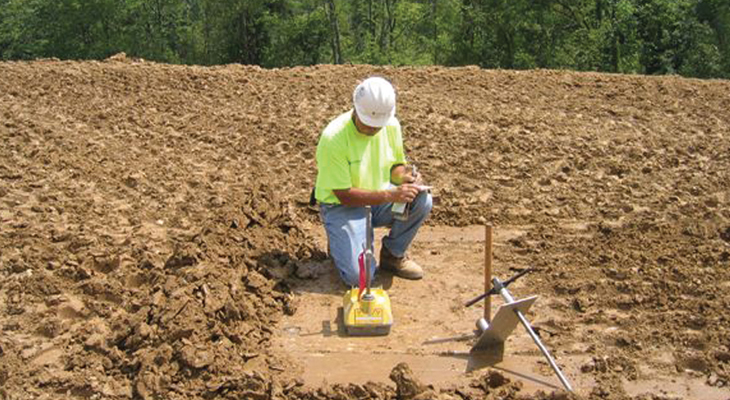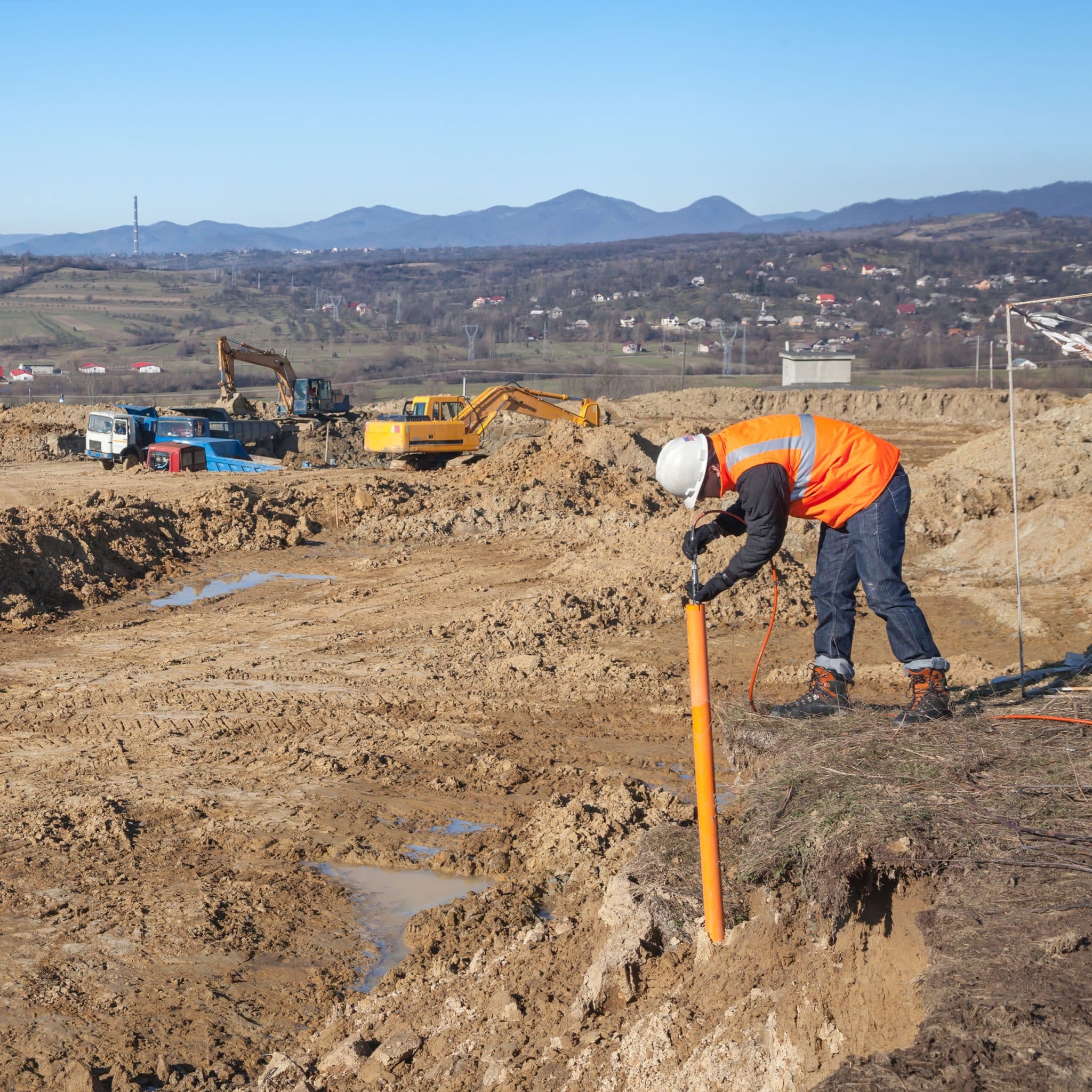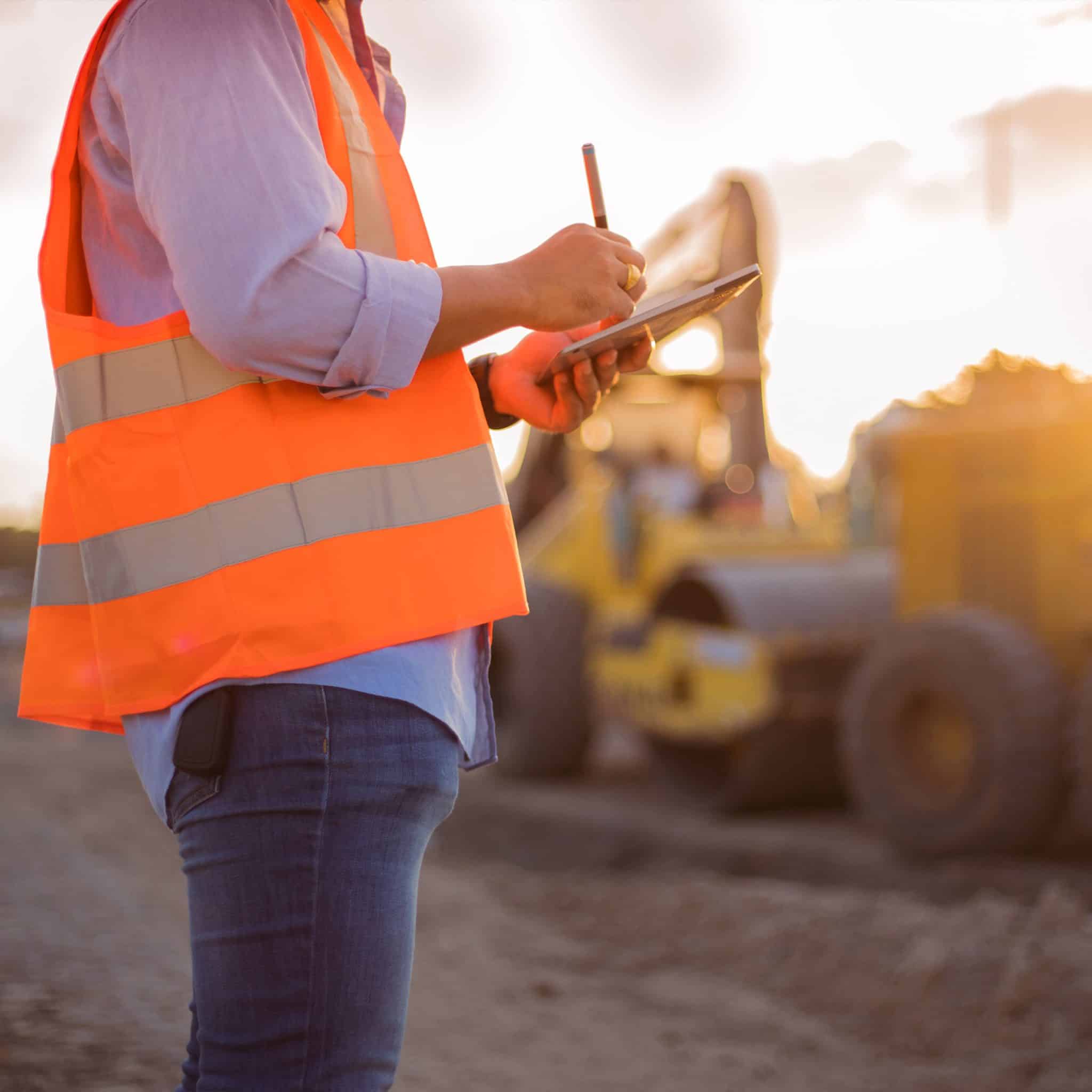Specialist Consulting Engineer Services for Ingenious Framework Solutions
Specialist Consulting Engineer Services for Ingenious Framework Solutions
Blog Article
Recognizing the Crucial Duty of the Geotechnical Industry in Modern Building And Construction Projects and Framework Development
The geotechnical sector is a foundation of contemporary building and construction and infrastructure development, supplying crucial insights right into dirt actions that straight influence project outcomes. Via advanced dirt evaluations and innovative design remedies, geotechnical specialists not just make certain structural integrity however likewise address sustainability problems in the middle of advancing ecological criteria.
Importance of Dirt Assessment
Soil evaluation plays a critical role in the geotechnical market, acting as the foundation for informed decision-making in building and construction jobs. Accurate dirt examination is important for figuring out the suitability of a website for numerous kinds of structures, including residential homes, commercial buildings, and bridges. By evaluating dirt structure, thickness, toughness, and dampness material, designers can prepare for possible challenges and minimize risks connected with ground instability, erosion, and settlement.
The analysis process generally involves a collection of tests and monitorings that give crucial information about the subsurface problems. This information informs the design and building and construction processes, making certain that structures are built on solid ground with ample assistance. Moreover, recognizing the soil profile enables engineers to pick appropriate construction techniques and materials, maximizing resource utilization and lessening prices.
In addition to making sure architectural integrity, soil analysis adds to ecological sustainability. By recognizing prospective contamination or unfavorable effects on bordering ecosystems, engineers can implement approaches to secure these natural deposits. Overall, comprehensive dirt evaluation is indispensable in the geotechnical area, underpinning the safety, performance, and environmental duty of construction tasks.
Key Geotechnical Methods
A variety of crucial geotechnical techniques are used to boost the stability and analyze and performance of building websites. One fundamental method is soil tasting and testing, which allows engineers to establish the chemical and physical residential properties of the ground. This info is crucial for making notified choices regarding foundation style and building and construction approaches.
Another crucial method is website characterization, which involves the in-depth analysis of soil and rock conditions with techniques such as borehole boring and in-situ testing. Methods like Criterion Infiltration Tests (SPT) and Cone Infiltration Examinations (CPT) give important information on soil toughness and stratigraphy.
Ground improvement strategies, such as dirt stablizing and grouting, are likewise vital in improving the load-bearing capability of weak soils. These approaches can alleviate negotiation and boost total site conditions.
Additionally, incline security analysis is essential for recognizing potential landslide dangers and guaranteeing the safety and security of excavations. This evaluation commonly employs numerical modeling and limit equilibrium techniques to anticipate dirt habits under various problems.
Incorporating these geotechnical techniques into building planning not only maximizes job end results however also guarantees the long-lasting sustainability of framework growth.
Influence On Construction Safety

Furthermore, effective geotechnical engineering involves implementing reduction approaches for identified threats. This may consist of dirt stablizing methods, keeping frameworks, or water drainage systems to reduce hydrostatic stress. By resolving these factors, building groups can minimize the chance of accidents and improve employee safety and security.
Furthermore, constant tracking of website problems is essential throughout building. Geotechnical tools can give real-time information pertaining to ground movement and stability, permitting timely interventions when essential.
Basically, the geotechnical industry plays a pivotal role in safeguarding construction projects. By focusing on ground honesty and using strenuous evaluation techniques, the geotechnical market not only safeguards the workforce but additionally adds to the durability and dependability of built facilities.
Sustainability in Geotechnical Practices

Additionally, geotechnical designers are now utilizing advanced modern technologies, such as geosynthetics, which boost dirt security while minimizing the volume of material called for. This not only preserves resources however additionally causes less waste generation (consulting engineer). The integration of sustainable layout principles into geotechnical design urges making use of sustainable power sources in building procedures, further decreasing carbon exhausts
By performing these analyses, geotechnical specialists can establish methods that alleviate negative impacts, guaranteeing compliance with ecological laws. On the whole, the emphasis on sustainability within geotechnical practices not just adds to the longevity and resilience of framework however also promotes a liable method to land and resource monitoring.
Future Trends in Geotechnical Engineering
Development is driving the future of geotechnical engineering, as arising techniques and innovations improve the market. The integration of sophisticated data analytics and expert system is set to revolutionize site investigation and threat evaluation, making it possible for engineers to make even more educated choices based on real-time information. The use of geosynthetic materials is gaining grip, offering Source sustainable remedies that enhance soil security and reduce environmental influence - consulting engineer.
One more substantial fad is the adoption of automated and robotic systems for tracking and explanation building processes. These technologies not only boost precision however likewise enhance safety by minimizing human participation in harmful environments. In addition, the implementation of Structure Details Modeling (BIM) in geotechnical style helps with improved cooperation amongst stakeholders, optimizing job shipment and reducing prices.
As climate change postures new challenges, the market is increasingly concentrating on durability and adaptability in layout methods, guaranteeing framework can stand up to extreme weather condition events. The recurring trend towards sustainability will certainly drive development in eco-friendly materials and approaches, aligning geotechnical design with broader environmental objectives. Jointly, these trends will form a more effective, lasting, and resilient geotechnical landscape for future jobs.
Verdict

The geotechnical industry is a keystone of contemporary construction and facilities growth, offering critical insights right into soil habits that straight influence job end results. geo tech engineer.Dirt evaluation plays an essential this contact form function in the geotechnical sector, offering as the foundation for notified decision-making in building and construction projects. Generally, comprehensive soil analysis is indispensable in the geotechnical field, underpinning the safety and security, efficiency, and environmental obligation of building and construction projects
Construction security is dramatically influenced by geotechnical practices, as the stability and honesty of the ground straight affect the general security of a building website.In verdict, the geotechnical market is vital in modern construction and infrastructure growth, giving critical assessments that make sure architectural honesty and safety.
Report this page